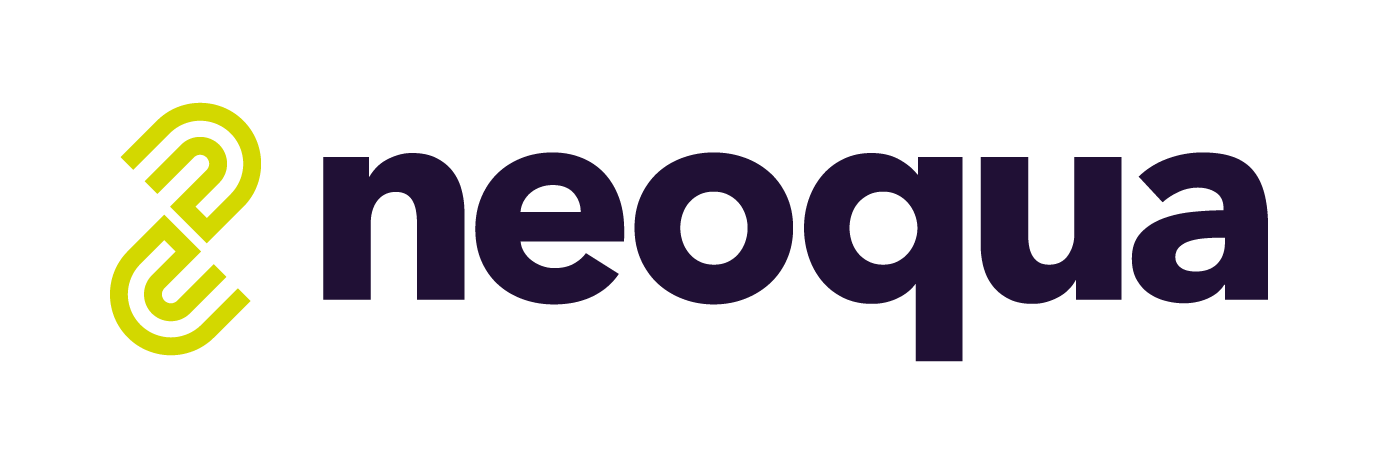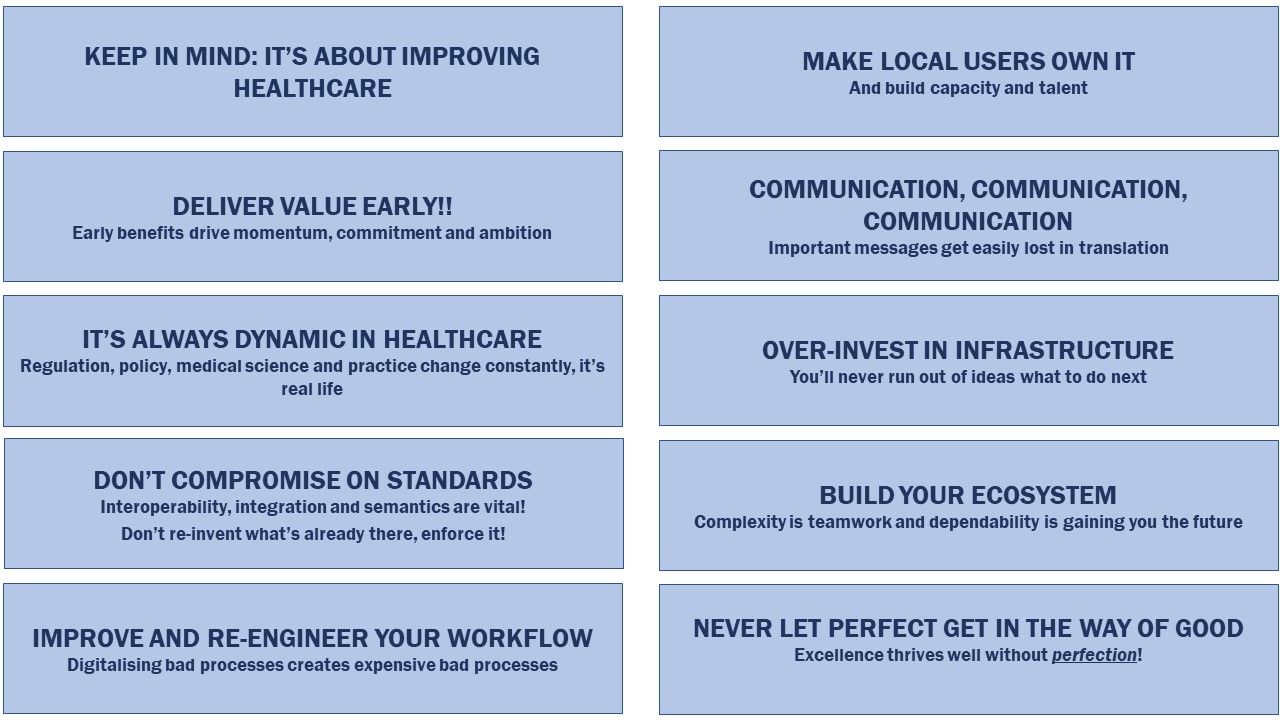When (or how) will big patient data turn from liability to asset?
Is data oil or soil?

For 20 years and more we hope, expect and believe, if data is the new gold, patient data is platinum. Big data sets have been de-identified, longitudinally matched. They are clinically and medically rich, include lab data, vitals, clinical notes, pain scores, medication data, etc. etc. A real treasure chest. Yet, despite the biggest logos trying extensively to monetise patient data, a business model has still to emerge. IBM Watson is only one of the weary horses by the wayside.
Pharma, the biggest hope for monetisation, has remained hesitant with respect to RWD. There are undisputed benefits (finding overlooked benefits or also off-label uses in challenging constituencies like children, elderly), but pharma has kept a distance to real world patient data. In recent years, there seems to be some movement on this. Reasons may be regulators waking up to the use of data too and increasingly specific molecules have increasingly small benefitting patient populations. Finding patients before and after approval is becoming challenging. But broadly, the hesitance remains, and pharma stays conservative with a view to RWD.
Since before COVID however and accelerated ever since, data usage has become a hype - in contradiction and despite of the above. The hype is related to research. There are several areas in research, where Pharma is extensively using AI, ML and Data Analytics. Designing protein molecules, testing them against vast genomic or biomic data, searching for biomarkers has become common place.
Why therefore has research data analytics, despite being a late-comer, overtaken EMR/patient record analysis? I have my hypothesis: the first generation of patient data (EMR data) was driven by the natural data compilers. Either these were EMR vendors of all types or also academic provider institutions. None of these had neither compelling business use for themselves (even pattern recognition and predictive modelling did and does not generate meaningful revenue streams). For the lack of real business models, data management and modelling did not progress much beyond the "toying" phase. HIT invested the scarce AI resources elsewhere, academia didn't even have that resource. Monetising data did not go beyond “hey, why don’t you pay for using this data pool and try to strike platinum in it?”. Surprisingly, the number of customers stayed few.
With research data analysis for pharma that was different. There was an immediate business model (sales of solutions to dramatically accelerate the research life cycle) as well as the need for solutions – rather than pure data. The reality that pharma – like most non-SW verticals (look at car manufacturers…!) – struggle to develop SW, far less create AI and ML processes, created that need. Thus, if innovative SW companies wanted to sell research solutions, they had to do exactly that: sell a solution and not just crude oil. In other words, not sell data, but analytics, processes, i.e. results that are built with data, on top of data and from data. The Flatiron story stands for many others.
EMRs didn't do that. And thus, they did not really get past the crude oil state. Or in a different metaphor: They were real estate brokers who tried to sell fertile land to Nestlé, Mars or Cadbury to grow sugar beets. Yet, the candy companies do neither know how to grow crop, nor how to harvest and refine it. What they need is sugar. Not land.
Now…, if that hypothesis is correct, the step to monetise EMR data is not so much the collection of more data, but the development of relevant and efficient solutions around it, which allows clients to procure data benefits, rather than data. A company built on data monetisation will need the technical, AI and ML capabilities as well as clinical and process know how of their potential client organisations to be able to extract meaningful value from the data. Just like current pharma research AI companies also have pharmacologists and physicians on staff.
When value from data will be on offer, rather than just data access, I trust we will suddenly see several market niches ripe for the value proposition:
- MedTech - like Pharma, they could dramatically benefit from better data analysis, predictive modelling and smart, evidence based management of devices
- Medical provider organisations, who could benefit from meaningful and relevant process advise and benchmarking
- Start-ups who need access to big data to train their smart algorithms
- Pharma for the post clinical phase and in order to stay ahead in the arms race with regulators
- Regulators for the same reasons
- HIT vendors for deploying clinical intelligence
The trick will be to know the challenges of potential clients better than these themselves and provide evidence-supported answers – rather than burying them under big data, which may contain an answer, but which they can’t handle.
If in this sense a new demand for data-driven knowledge is generated, not only clinical data will become attractive, but also all sorts of operational data, alerts, task management, maintenance life cycles, nutrition data, transporters, HR data (attrition, sick leave), and other.
Last not least, building solutions and tools to produce results and answers from data will catch two more birds with the same stone. Data protection: if there is a digital twin condensed and created from RWD, there won’t be any personal patient data left over. The digital twin becomes a SW tool, void of any personal data. And secondly, working with a twin model to test and finetune hypothesis will not run the risk any more of finding possibly adverse data points in RWD, that a data user may rally not want to find.
Data is not the new oil, it is the new soil indeed. Soil, that needs growing crop, harvesting, refining before producing food. Most people still like to buy candy bars rather than grow beets. Beneficiaries of big patient data too like solutions and results over raw material.










